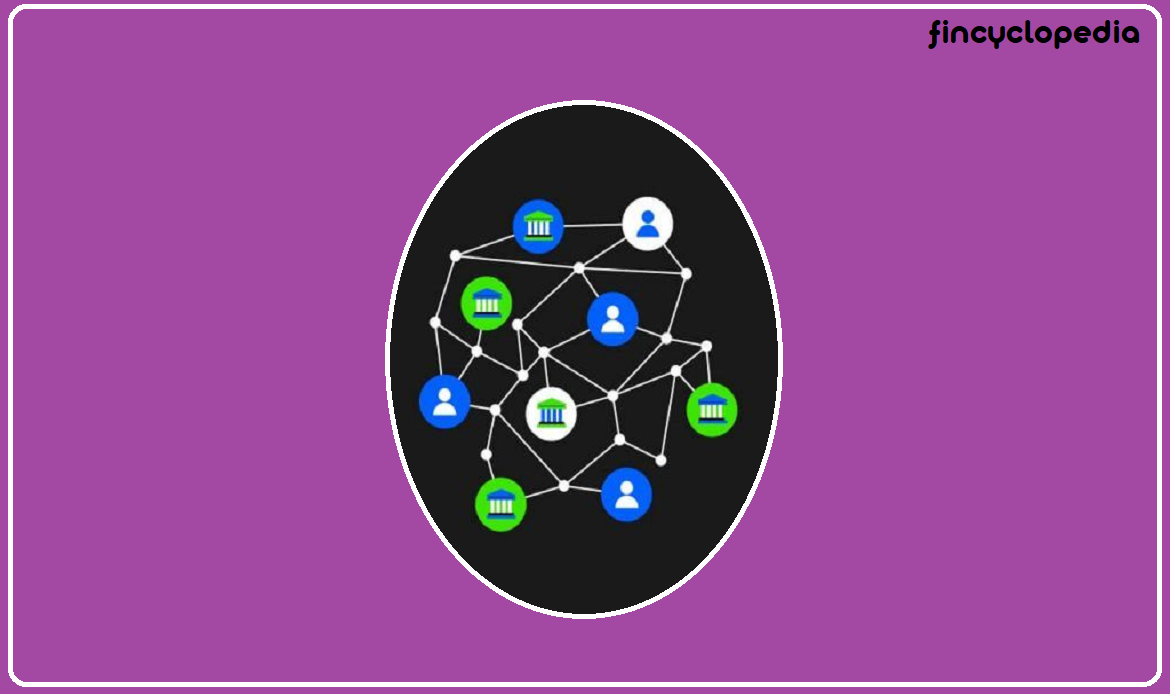A crypto coin is a digital version of money (currency) consisting of a series of data blocks chained together cryptographically. Crypto coins operate on a blockchain where all the records for transactions involving a specific type of coin are maintained and can be easily and securely tracked. Payment by a crypto coin entails recording of the transaction and its receipt on the blockchain. Examples of crypto coins include Bitcoin and Ethereum. Each transaction involving a crypto coin is secured by encryption and can be examined by any member of the network.
On the other hand, a crypto token is a digital asset (or might be a deed) that is built on the blockchain of a cryptocurrency. A cryptocurrency is necessarily built on a blockchain (and stored in blockchain wallets). If a cryptocurrency doesn’t have its own blockchain, but rather uses another cryptocurrency’s blockchain, then it’s a token. As cryptocurrencies, crypto tokens are assets with value, which can be transferred and traded, and they’re stored in blockchain wallets (programs or hardware devices that’s used to store cryptocurrency). If a token is built on Ethereum, then the Ethereum blockchain will process and keep track of all transactions for that token.
Tokens are units of value that are developed and issued by blockchain-based entities for specific purposes. While tokens are compatible with the cryptocurrencies of the same blockchain, tokens constitute a completely different digital asset class.
Crypto tokens may be used as currencies (e.g., for payment) but can also serve other purposes including decentralized finance (DeFi), rights in a cryptocurrency project (government token), ownership of digital assets (non-fungible tokens/ NFTs) or physical assets, or even utilities or services. Tokens are typically classified as utility tokens, security tokens or equity tokens.
In short, a token represents what is owned or held (rights, ownership stake, etc.), while a crypto coin represents a medium of exchange for what can be owned against payment. Typically, crypto tokens are programmable, permissionless, trustless, and restrictionless.
Programmablity implies the possibility of running tokens on software protocols (i.e., smart contracts that define the features and functions of the token and the network’s rules of engagement). A token is permissionless in the sense that the system it is open or accessible without any special credentials. Trustless implies the existence of no central authority that controls the system- instead the software protocol defines the rules of control.
And last but least, token systems are viewable and verifiable by all participants, as to its rules of the protocol and its transactions.







